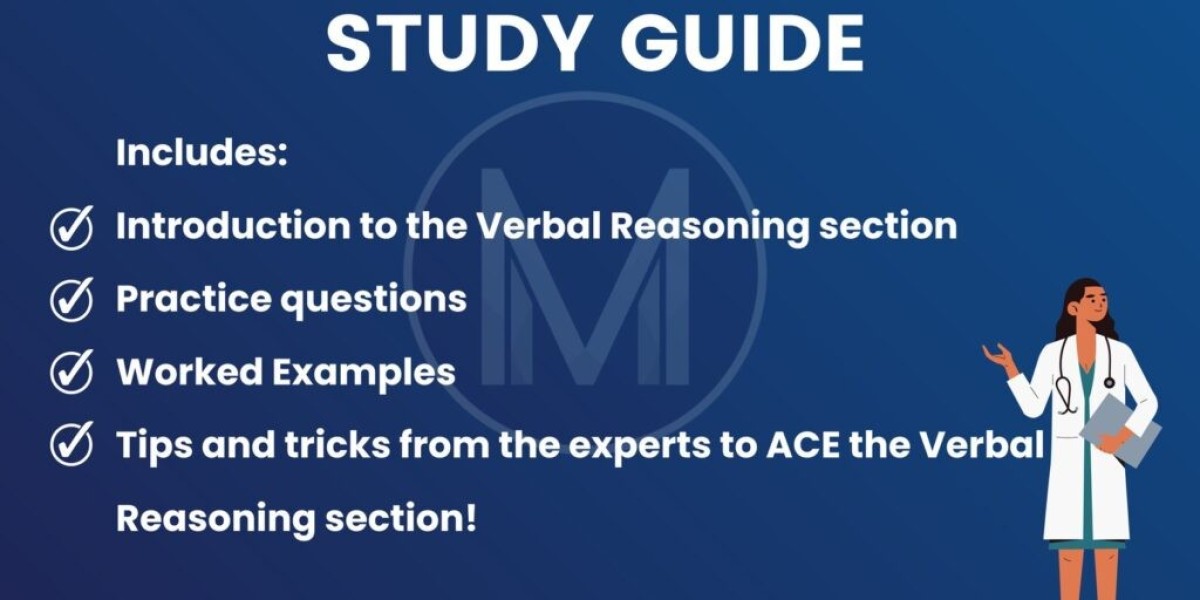As entry into medical and dental schools becomes increasingly competitive, the University Clinical Aptitude Test (UCAT) has emerged as a pivotal component in the admissions process. This high-stakes assessment measures a candidate's potential to thrive in the demanding, fast-paced, and ethically complex world of healthcare. To succeed, aspirants must approach UCAT preparation with precision, clarity, and strategic intent.
Unlike conventional exams, the UCAT is not a measure of content knowledge. It assesses how you think, not what you know. Thus, preparation requires training the brain to perform under time pressure, make snap judgments, and navigate ambiguity—skills that are often foreign to students accustomed to structured syllabi.
This article outlines a comprehensive, pragmatic roadmap for effective UCAT preparation, segmented into five core pillars: familiarity, functionality, fluency, flexibility, and focus.
1. Familiarity: Know the Battlefield
The first stage of UCAT preparation is diagnostic and observational. You cannot conquer what you do not understand.
Key Actions:
Read the official UCAT consortium guide to grasp the test format.
Study sample questions from each of the five subtests.
Identify which sections align with your strengths and which expose weaknesses.
Time yourself on a mini-mock to get a raw benchmark score.
The goal here is awareness. Your initial performance is not a judgment—it's a baseline.
2. Functionality: Learn the Tools of the Trade
Once you know the territory, it’s time to gather the gear. Each UCAT section demands specific cognitive tools.
| Subtest | Skills Needed | Strategy |
|---|---|---|
| Verbal Reasoning | Skimming, inference, assumption recognition | Read questions before passages, use elimination |
| Decision Making | Logic, probability, argument analysis | Diagrams, logical grids, keyword scanning |
| Quantitative Reasoning | Mental math, pattern decoding | Estimation, use of on-screen calculator |
| Abstract Reasoning | Pattern recognition, visual logic | Identify rules quickly, skip time-wasters |
| Situational Judgement | Ethics, empathy, professionalism | Know GMC principles, think contextually |
Each of these skills can be trained systematically through repeated, focused practice. Effective UCAT preparation treats each subtest like a unique sport requiring specialized drills.
3. Fluency: Build Speed with Precision
Speed is non-negotiable in the UCAT. With less than 30 seconds per question on average, hesitation costs marks. But speed without control leads to careless mistakes.
Key Tactics:
Use a question bank with timed mode (e.g., Medify, MedEntry).
Start untimed to learn the logic, then ramp up speed gradually.
Track average time per question and aim to reduce it weekly.
Revisit error logs to eliminate recurring mistakes.
UCAT preparation at this stage becomes about building automated thinking patterns. With repetition, the brain begins to recognize question archetypes and respond reflexively.
4. Flexibility: Adapt in Real Time
The UCAT is dynamic. Some questions are deliberately confusing. Others are deceptively easy. The ability to adapt your approach in real-time is a hallmark of advanced preparation.
Examples of Flexibility:
If a pattern in Abstract Reasoning isn't clear within 15 seconds, flag and move on.
If Verbal Reasoning text is dense, skim for keywords or switch to T/F/CT technique.
In Quantitative Reasoning, abandon calculator-heavy questions early and return later.
This mindset separates good candidates from great ones. UCAT preparation must include strategy variation to build adaptability under time constraints.
5. Focus: Master Your Mental Environment
Even the best tactical plan fails without psychological readiness. Stress, panic, and negative self-talk derail performance. The final layer of UCAT preparation is about mental conditioning.
Mental Preparation Techniques:
Simulate test-day conditions weekly.
Use the Pomodoro technique (25/5 mins) to mimic UCAT pacing.
Practice mindfulness or deep breathing before study sessions.
Visualize success and positive outcomes—mental rehearsal boosts confidence.
Resilience and focus cannot be taught—they must be trained. Make emotional composure part of your study plan.
Bonus: Strategic Application Based on Your UCAT Score
Once the exam is complete, your score becomes a critical asset in the university selection process. Understanding how to interpret and apply your score is the final step in intelligent UCAT preparation.
General Guidance:
High scores (above 2900): Consider UCAT-heavy schools (e.g., Newcastle, Sheffield).
Mid-range scores (2500–2800): Focus on balanced schools that use UCAT holistically.
Lower scores: Consider BMAT universities or apply where UCAT has minimal weight.
Preparation does not end when the exam is over—it evolves into strategic decision-making about your future.
Final Words: Excellence is a Habit
UCAT success is not a function of intelligence alone—it is the result of habits built day after day. Preparation is not about cramming, guessing, or hoping. It's about:
Studying with intention.
Practicing with reflection.
Testing with courage.
Treat your UCAT preparation not as a chore but as a training ground for your future profession. The mental muscles you build here—speed, logic, emotional control—will serve you far beyond this exam.
You are not just preparing for a test.
You are preparing to become a doctor or a dentist.
And that preparation starts now.







